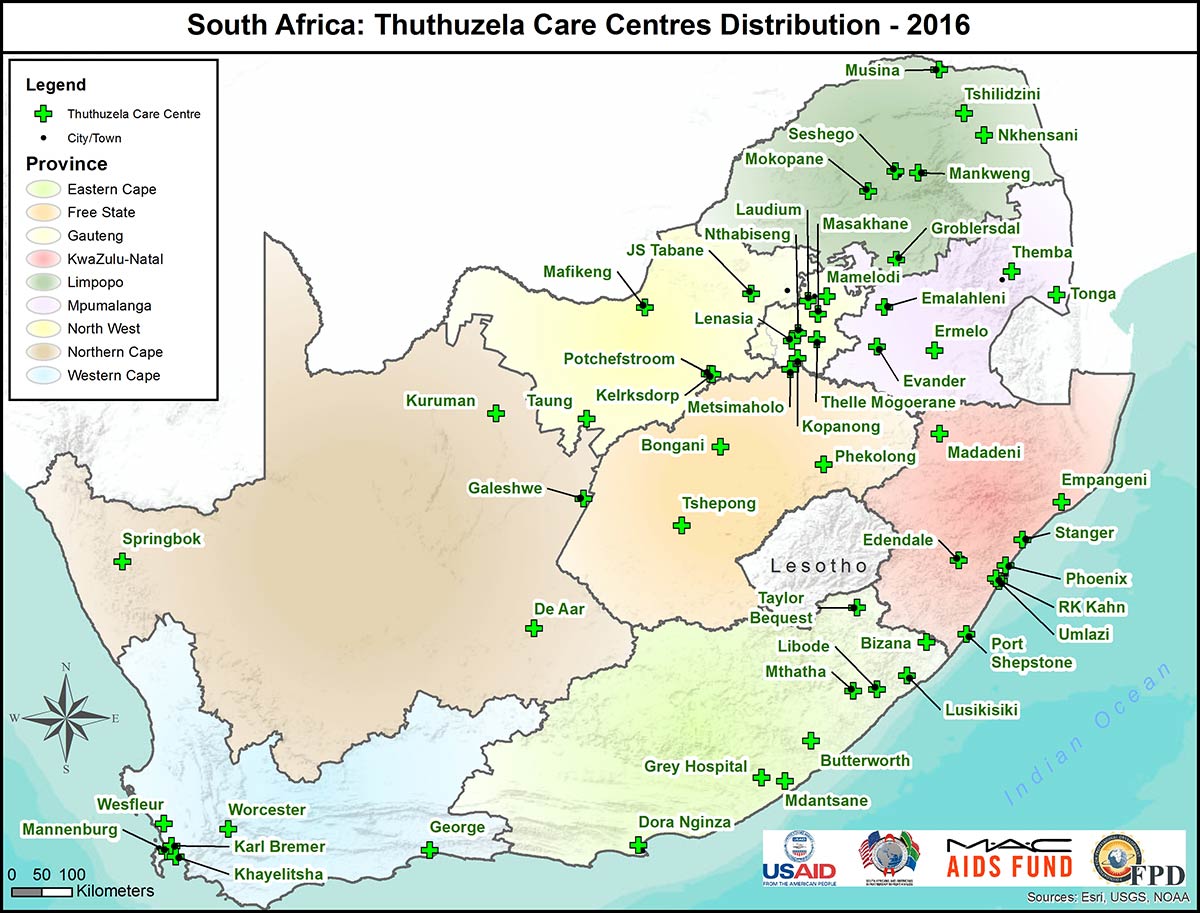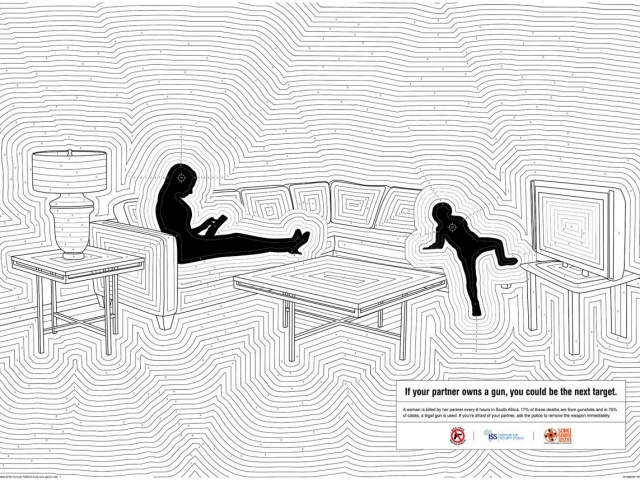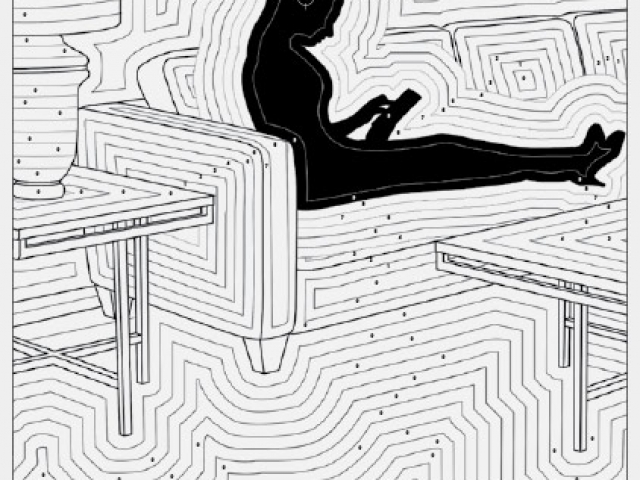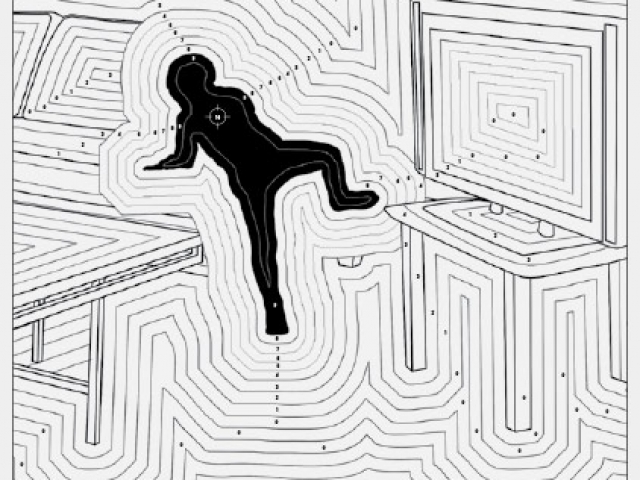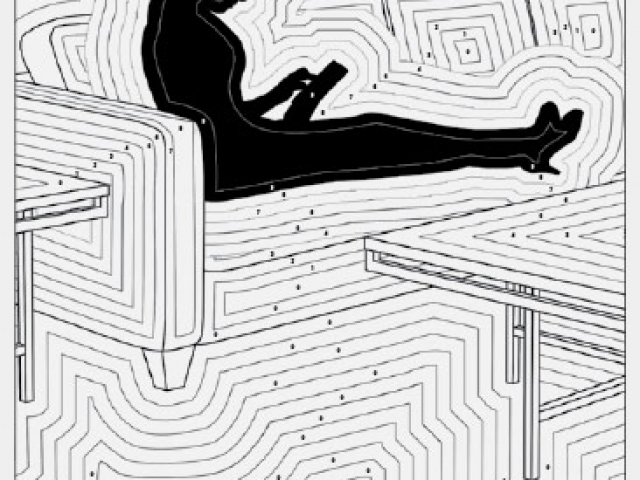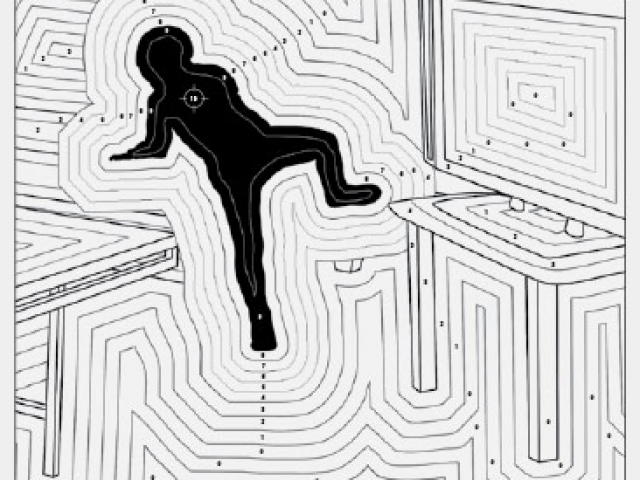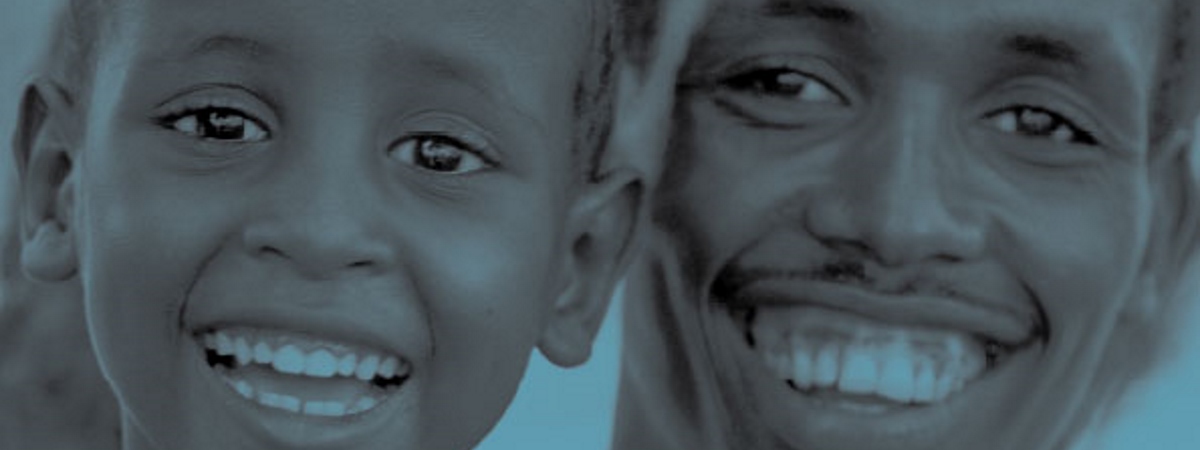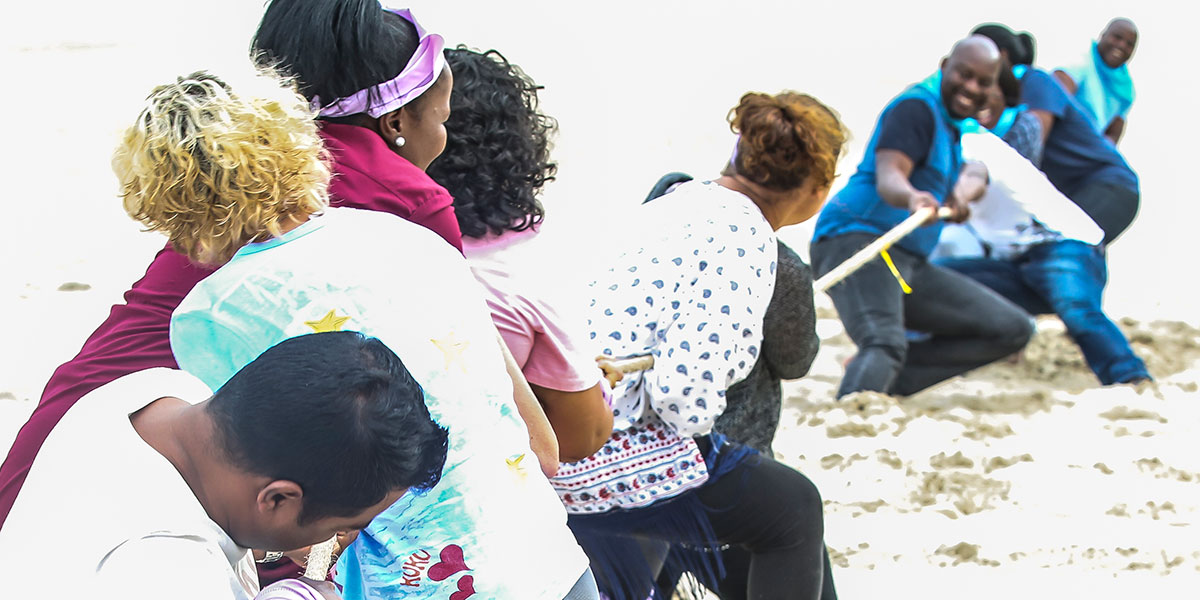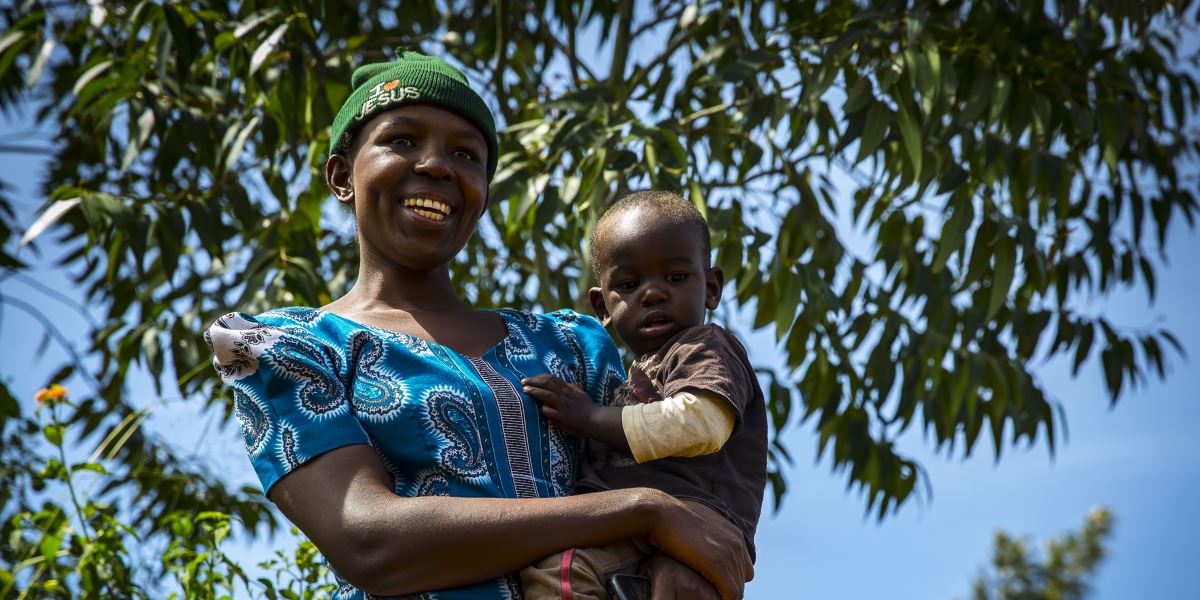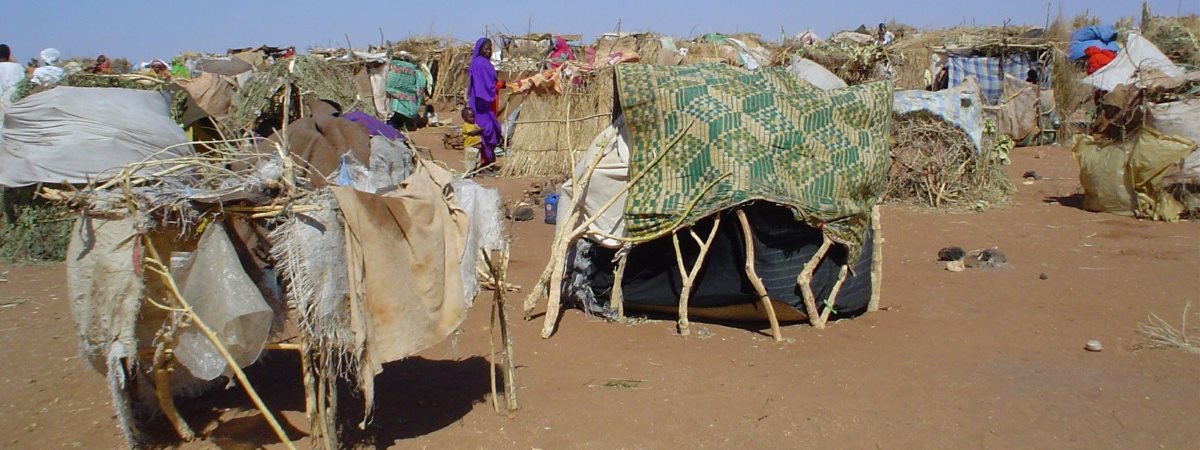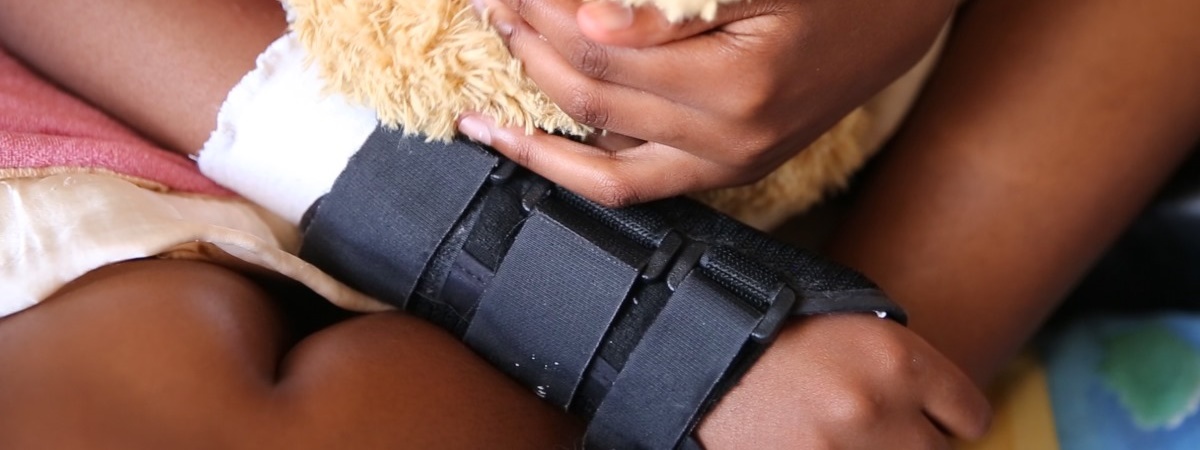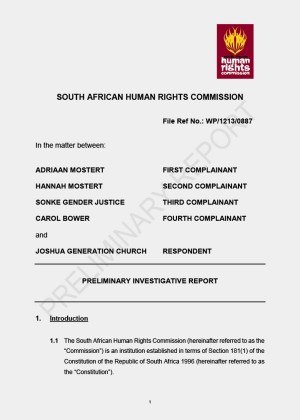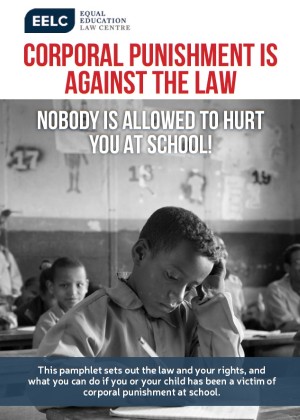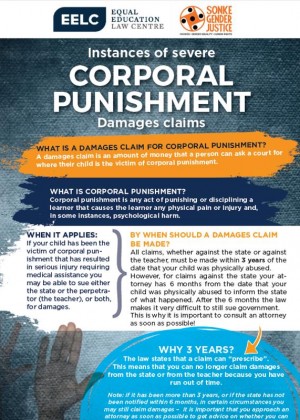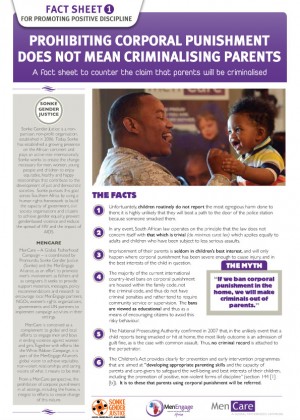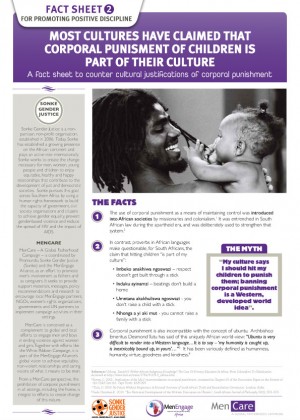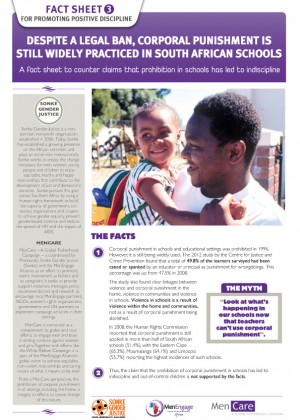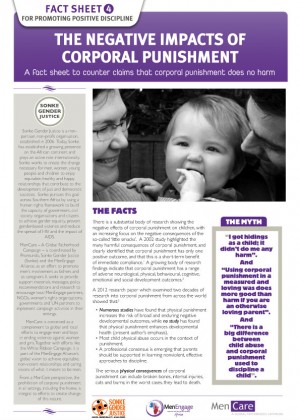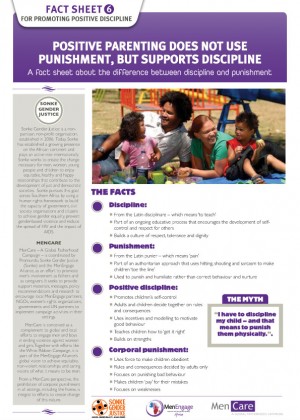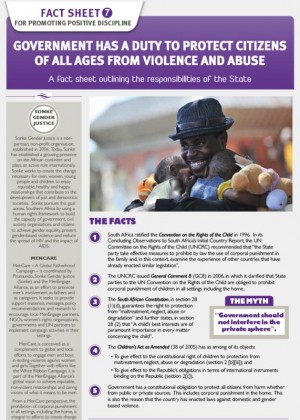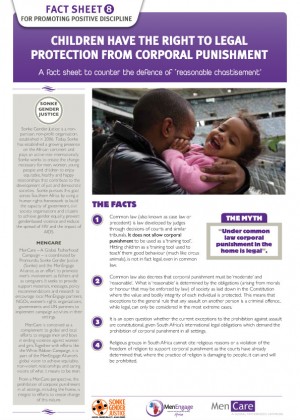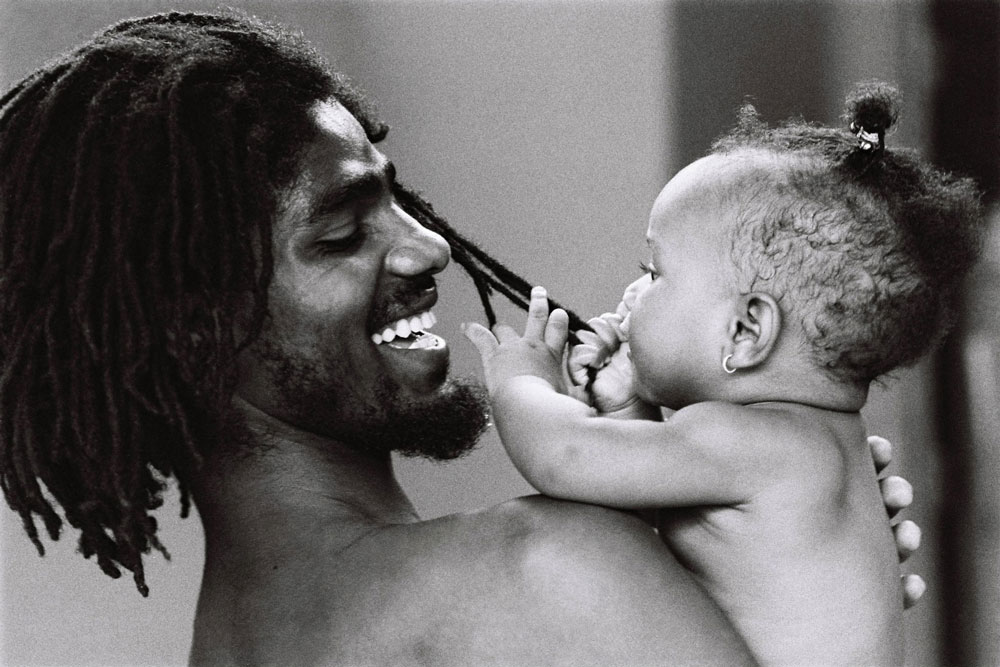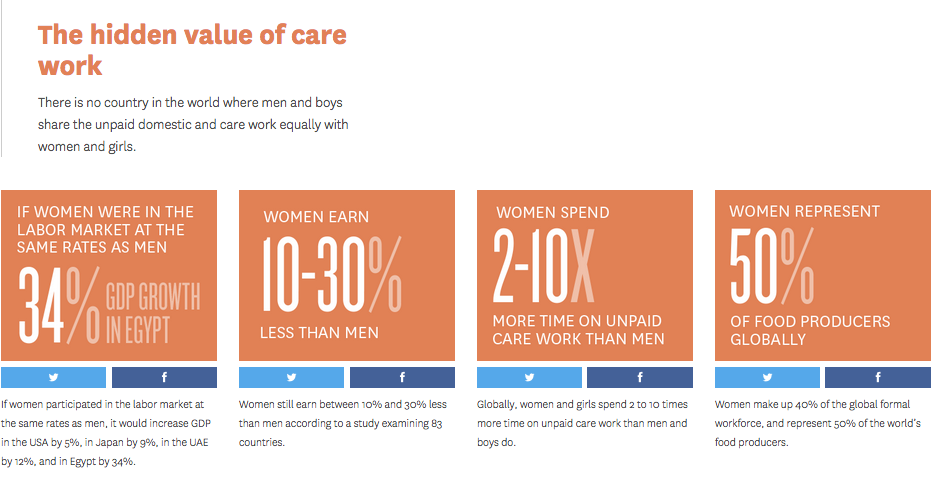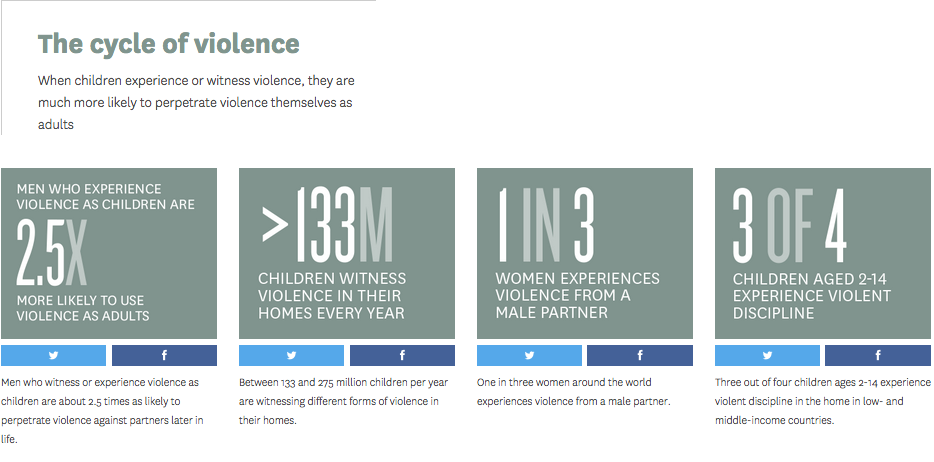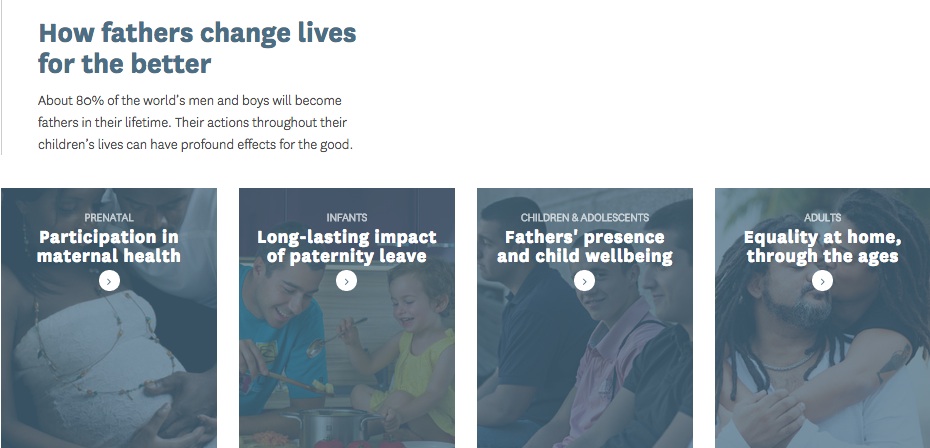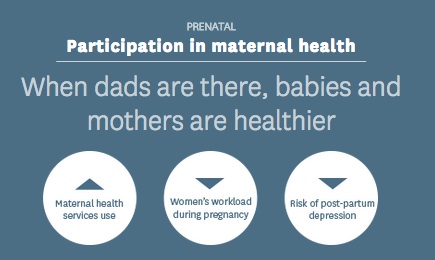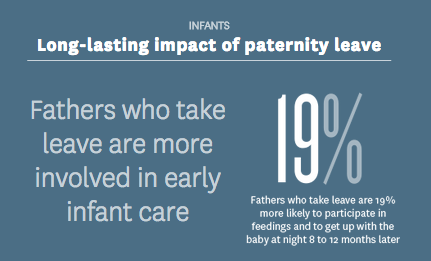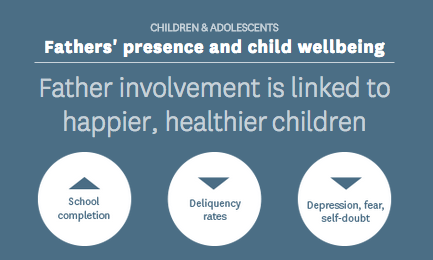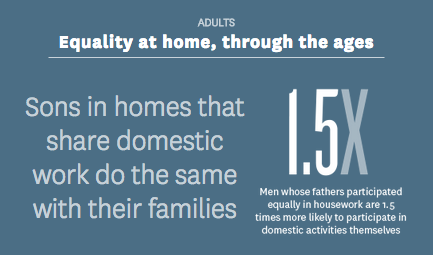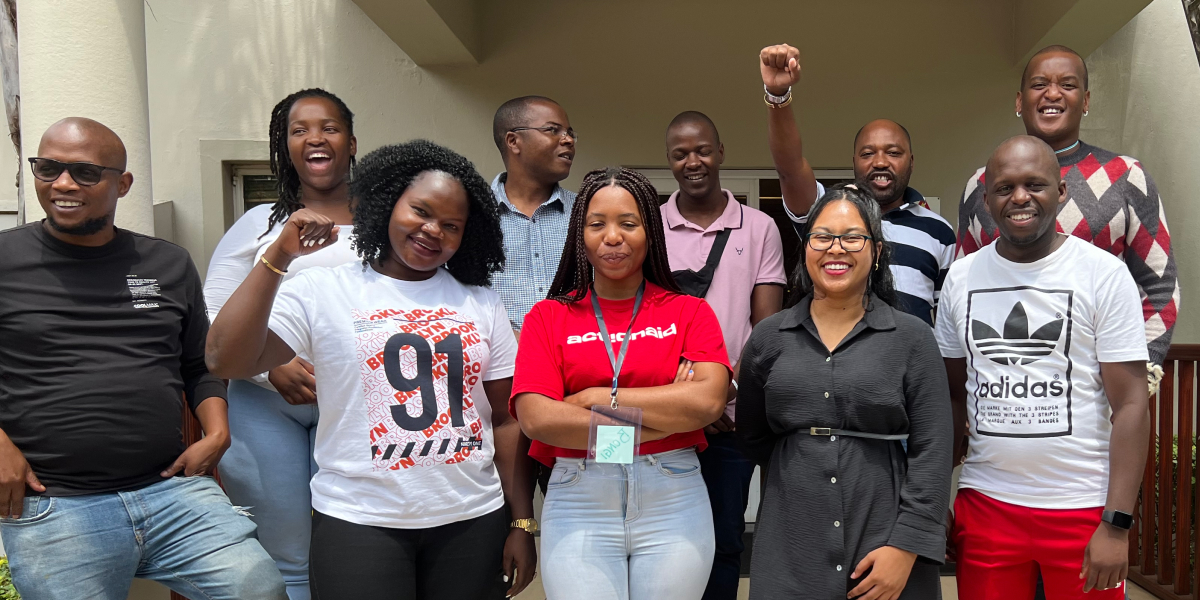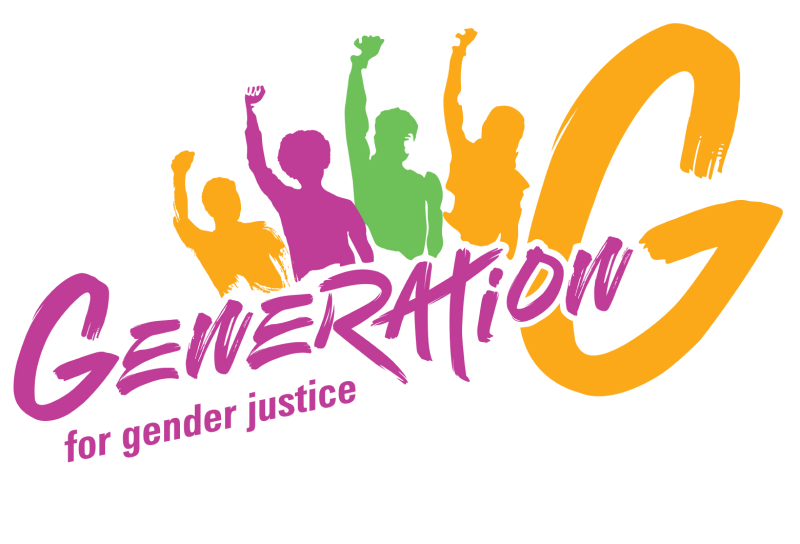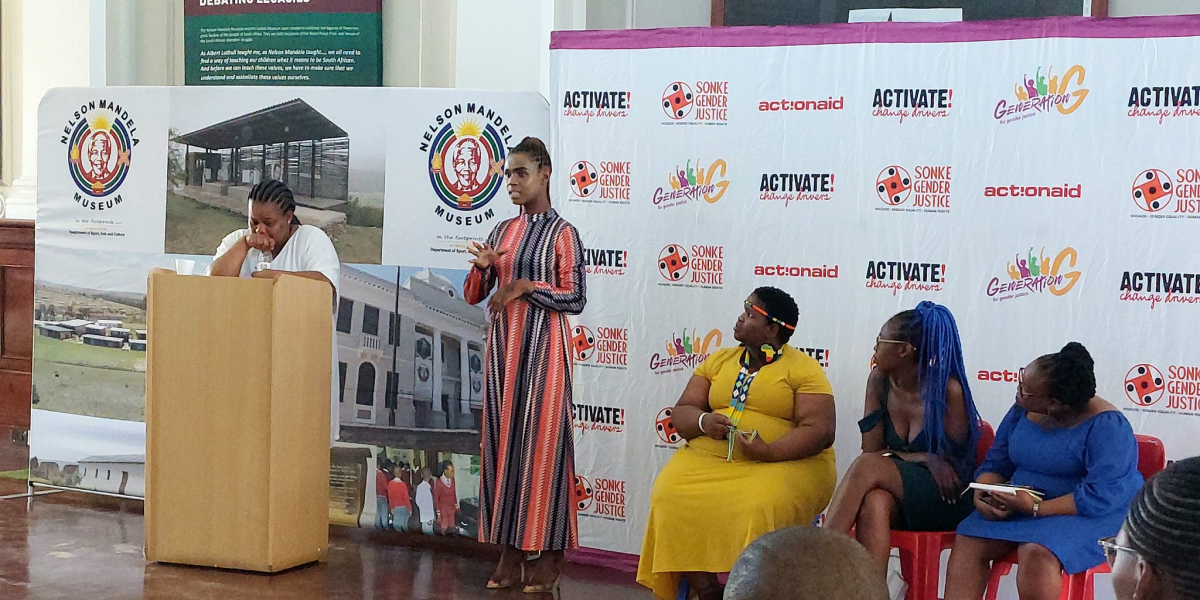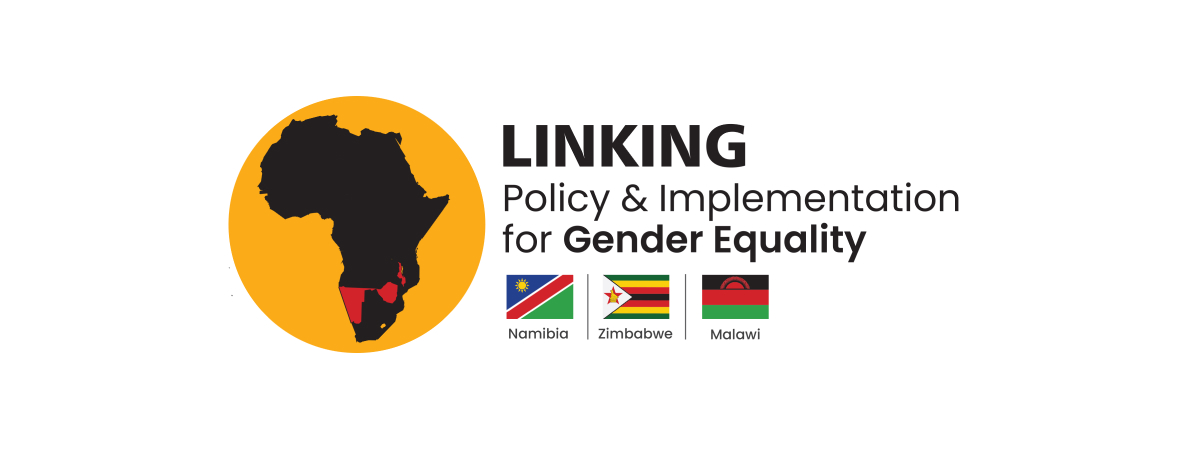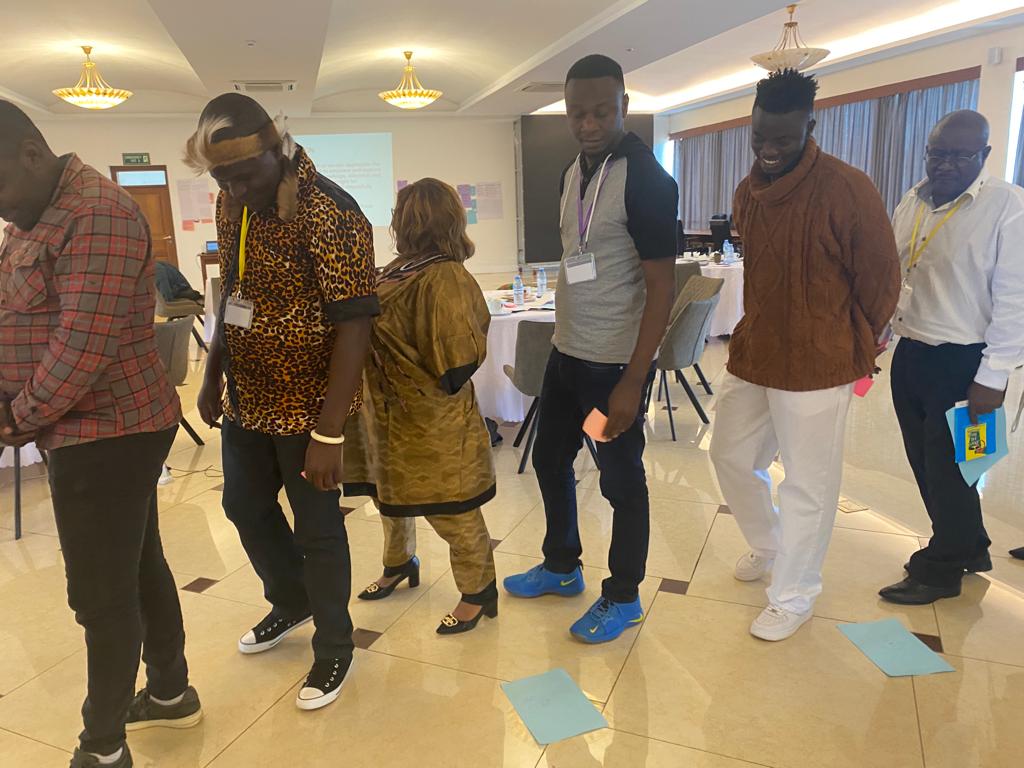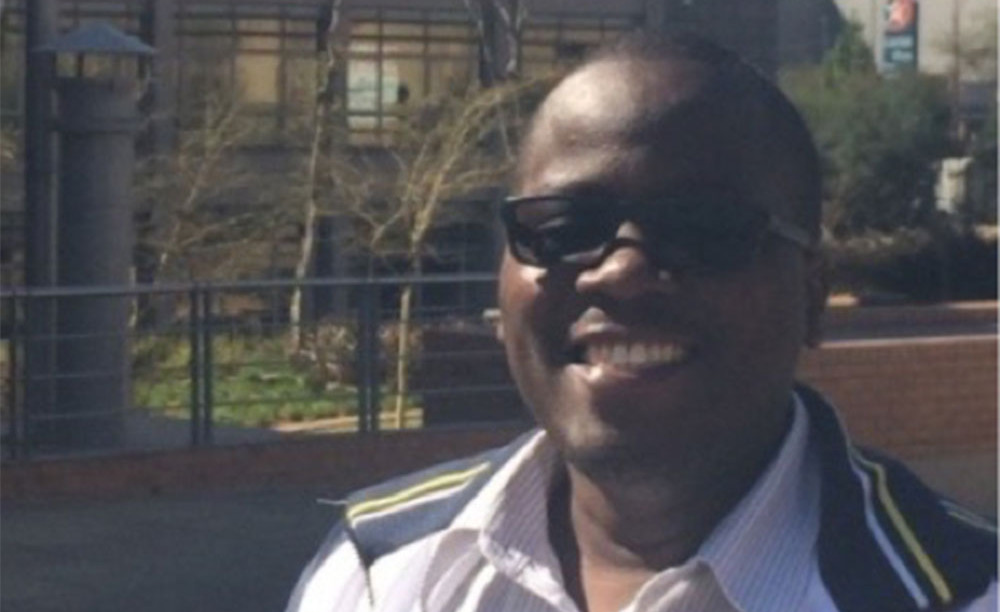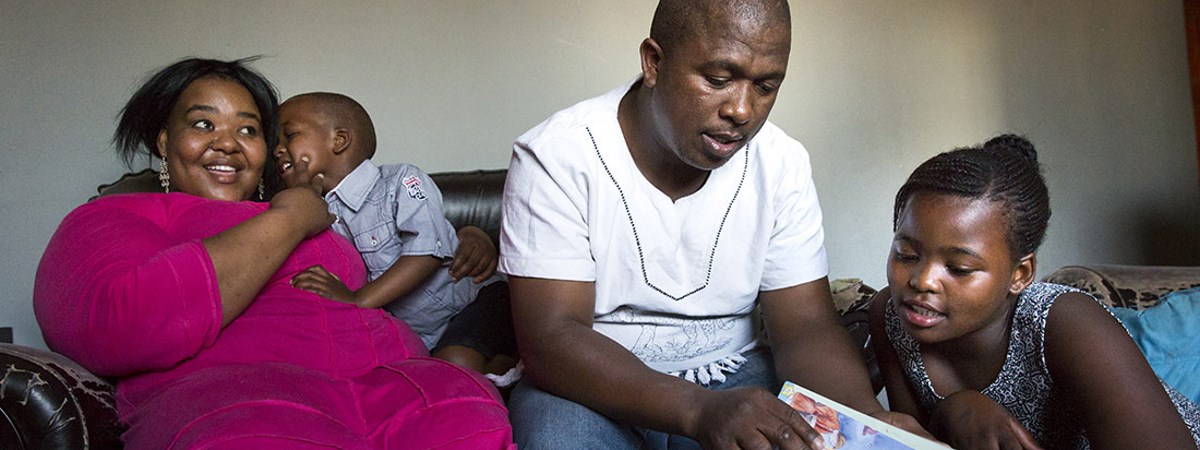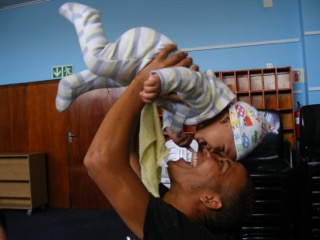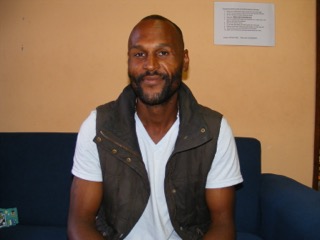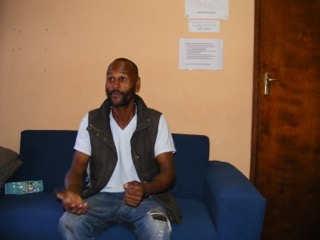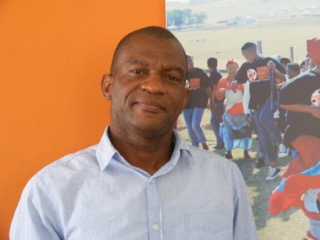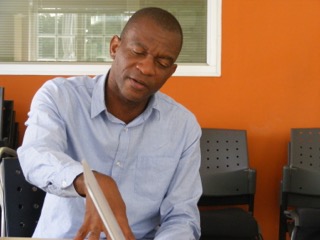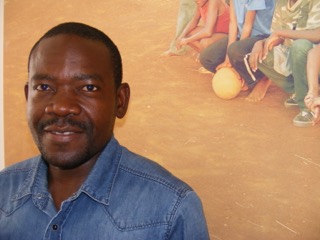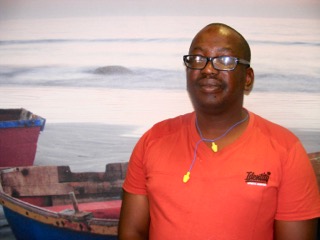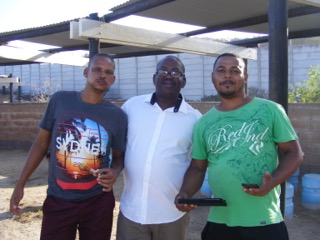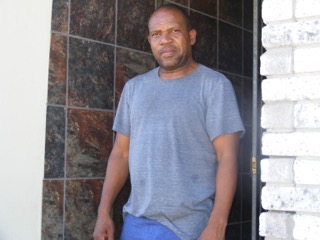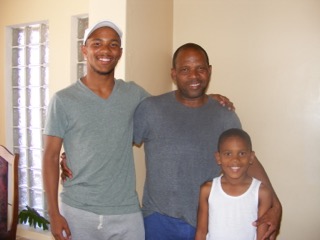We build positive ideas around gender, health, sexuality and human rights through a range of media, using debate and discussion, social analysis and research, crafted messaging, media training, and personal stories that advance tolerance and understanding, and encourage positive behaviour change. We also use the media strategically to hold public officials accountable and to advance our legal and policy advocacy agenda.
From a strategic communications perspective, Sonke’s experience has shown that mass media visibility increases the organisation’s ability to influence policy makers who take the organisation more seriously because of our extensive networks and high visibility in the media. A strong media presence increases public interest in Sonke’s work in local communities, and facilitates the mobilisation of people to participate in public demonstrations and key events.
What we do
Sonke’s Communications and Strategic Information (CSI) Unit plays a complementary and vital role supporting the programmatic work, using the media to advance Sonke’s work to develop positive gender norms and create an environment that supports equitable, nonviolent and healthy relationships.
We work with radio stations around the country to strengthen programming related to gender-based violence and inequality, and have special relationships with community-based radio stations near Thuthuzela Care Centres (TCCs). TCCs are one-stop rape crisis facilities that aim to reduce secondary trauma for victims of rape and to improve the prosecution rates around rape cases. Our Community Radio Stations (CRS) project trains radio hosts and produces radio content for broadcast that aligns with Sonke’s One Man Can campaign, to advance gender equality messages and inform people across the country, and especially in rural communities, about their rights under the Sexual Offenses Act, and the services available to them at the TCCs. In 2016, we launched Thuthuzeleka, a radio detective drama broadcast in partnership with the CRS project. The show addresses situations of rape and gender violence, promotes awareness of the TCCs and positive masculinity, and offers education on the rights of rape survivors and what to do if you have been raped.
We write editorials reflecting on current issues in human rights and gender transformation, building public understanding, strategies and awareness on how to combat gender inequality, HIV and gender-based violence.
Sonke staff feature as guests on radio, television and in film, documentary, print and online, and talk to the media about our work and our issues on a regular basis.
We use the media to generate public pressure around important issues needing action from governments or government agencies. Along with other civil society organisations, we are calling urgently for South Africa to develop and implement a fully-funded, multi-sectoral national strategic plan to combat gender-based violence (NSP-GBV). In our media work, we draw attention to the lived realities of violence as evidence of the necessity for change.
We also work with Gun Free SA on an annual campaign to reduce domestic violence and encourage gun-free homes.
Through our PhotoVoice and digital storytelling projects, we work with people to tell their own stories. This work also provides the participants an opportunity to question and transform negative norms around gender in their own lives. For example, in James’ digital story, he reflects on how he challenged his abusive father’s aggression and bullying, asking, “when will our fathers see that times (have) changed, and that they should also change?”
To tell some of the powerful stories important to our work, we also make videos, length films, novels and multi-media projects. The film ‘A Way to Justice,’ tells stories of engaging African men for gender equality through MenEngage Africa, a continental network of gender equality organisations that is chaired by Sonke. We strive to develop compelling content that is technically and aesthetically strong, tells a good story and engages the audience. A good example of this is our film on fatherhood, which reached nearly 10,000 viewers in a matter of days.


